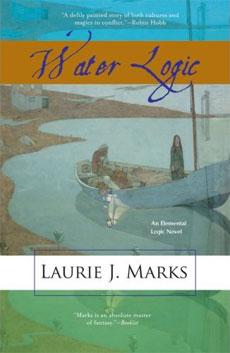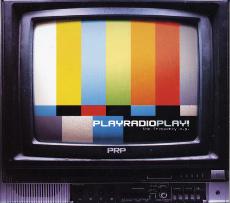State Legislators Step In As Textbook Prices Climb

Mystery Man 2000)
Community outreach at UMass Boston (Photo
February 20, 2007
Students filling up classrooms at the beginning of this semester were acutely aware of the rising cost of higher education, but one cost that many tend to overlook became glaringly obvious as they entered the UMass Boston Bookstore.
Joanna Murphy, a current UMB student, dropped $500 buying textbooks for classes including Biology, Statistics and Spanish this semester. With tuition and fees this year at $5,039 this represents a huge part-close to 20 percent for most students-of the cost of higher education at UMass Boston.
In the face of these costs, which have been rising steadily for years, a number of state legislators are supporting a bill that they hope will give students a break. The bill would require publishers to disclose information on the price of their textbooks to professors and would make it illegal to sell textbooks bundled with other materials, such as workbooks and CDs.
“We have a responsibility to make education affordable for students,” said Representative Steven Walsh, who filed the bill. “With the cost of higher education continuing to climb, this is one area where the legislature can do a better job in easing students’ financial burden. It is a time for Massachusetts to tell publishers their practices need to change.”
As with any market, supply and demand set the price at which textbooks will be sold. It is generally agreed that free markets are the most efficient way to distribute goods in a society. Unfortunately for consumers, however, the textbook world operates on a model of imperfect, monopolistic competition.
Because students are not given the choice of what books they need to purchase, but instead are compelled to purchase those which their professors choose, they cannot reject high priced books in favor of cheaper ones, even if quality is consistent. Even if professors look for cheaper books, they often make inefficient choices because publishers regularly attempt to keep professors from finding out the cost of their textbooks.
“Publishers’ sales representatives rarely volunteer the price of their books, and it’s highly variable whether or not you can find that information on the publishers’ websites,” Professor Joe LeBlanc, a professor at Northern Essex Community College, said. He is also the president of the Massachusetts Community College Council, representing more than 5000 faculty and staff at Community Colleges in Massachusetts.
Bundling has been one of the biggest issues regarding textbooks and one that both students and professors have been the most vocal about. Often times, supplementary material isn’t required for a class or is
unwanted by students. In addition, it becomes difficult or impossible to resell a textbook if supplementary materials originally included are gone. Many books come with Web site access codes that can only be used once, thus undermining the ability of a students to sell a book once they have accessed the website.
Bundling textbooks with other materials is another anti-capitalistic method of limiting competition and subverting markets. The Sherman Anti-trust Act made many instances of tying, or making the sale of one good conditional upon another, illegal. Some would argue that by bundling textbooks with workbooks and CD’s publishers are making the sale of books conditional upon the purchase of other materials. Publishers argue that they are not tying two products together, but that the definition of what a textbook is has expanded to include other materials.
Publishers point out that selling these products together increase opportunities for students to learn and facilitate better teaching by professors. Publishers also claim that the inclusion of these materials was in direct response to requests by teachers for more interactive teaching material.
“Publishing companies are totally ripping students off,” said Adrienne Girard of MASSPIRG, an organization that has been doing research and advocating for lower textbook prices for a number of years.
“I think it’s absurd that publishers come out with new editions every two or three years and that we have to pay extra money for a new cover, graph, or a few changed words,” said Jesse, a full-time student at UMass Boston majoring in Psychology and Philosophy.
MASSPIRG recently conducted a survey and found that 71 percent of participating professors said that new editions of textbooks in their field are justified only ‘sometimes’ or ‘rarely.’
Textbook publishers argue that new editions are necessary for improving higher education. In the sciences, new technology and research necessitates editing of previous works to include these new advances. Political Science textbooks must keep up with world events and new paradigms in the field. In subjects such as history new ways of looking at the world continually change perspectives of the past. “When you had a history book, it was all about dead white men-today you have to make sure women and minorities are well-represented,” J. Bruce Hildebrand said, executive director for higher education for the Association of American Publishers.
New methods of instruction also require new editions of works. Authors and publishers argue that colored graphs and pictures are necessary to grab the attention of a generation raised watching television and surfing the Internet.





























































